The Soiling of Old Glory: In Conversation at Suffolk University
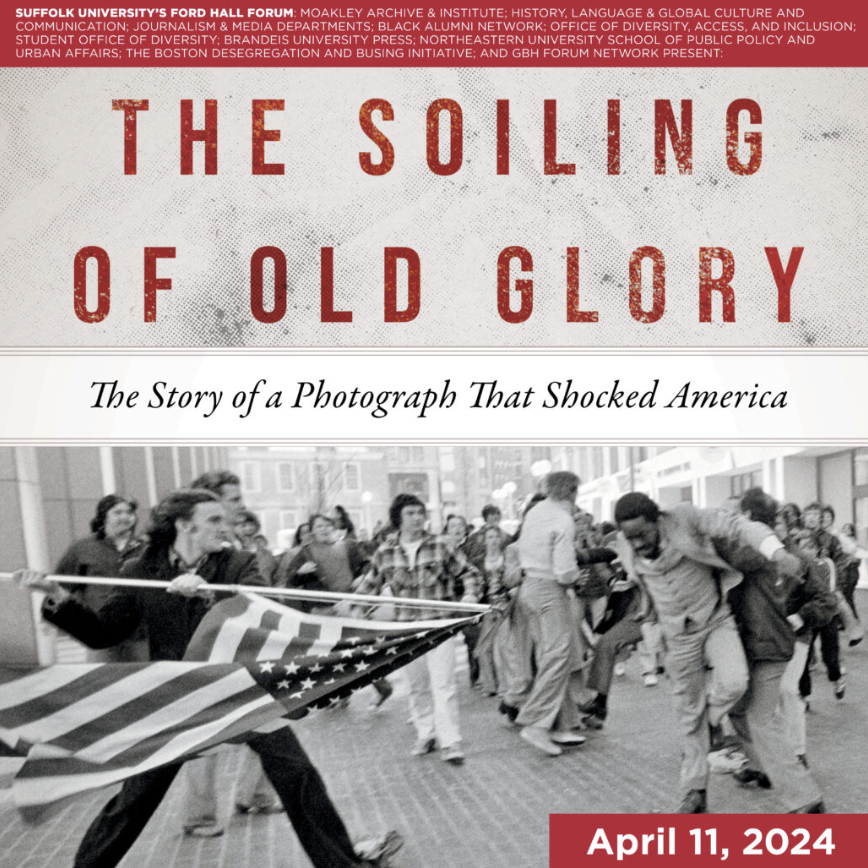
“The moment to make a transformative statement — verbal, visual, or gestural — can arise at any time. When it does, we must be ready with words from the heart […]
Horseshoe Crabs at War No More!

In Crab Wars: A Tale of Horseshoe Crabs, Ecology, and Human Health, William Sargent exposes the exploitation of the horseshoe crab, whose valuable blood — essential for vaccine testing — has […]
Celebrate Women’s History Month
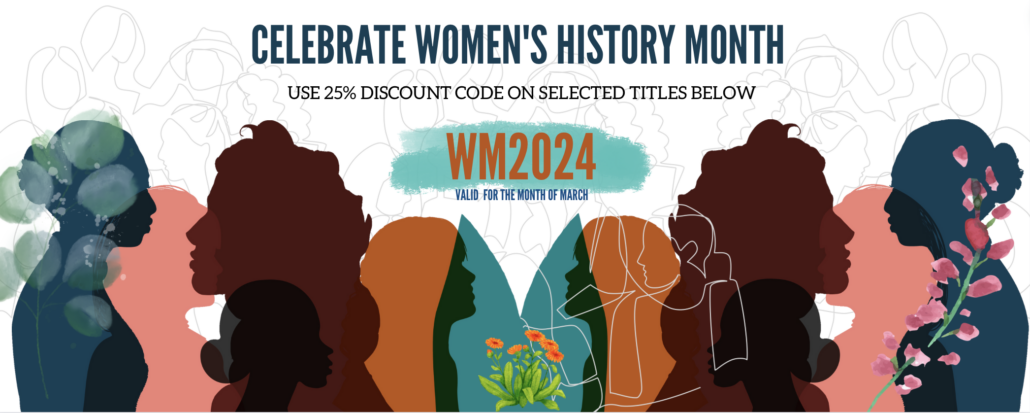
“For most of history, Anonymous was a woman.” Virginia Woolf Writers. Philosophers. Leaders. Artists. Travelers. This Women’s History Month, we’re celebrating the women who have shaped the world around us […]
‘Truck’ Is Back On The Road!

Calling all Gearheads: John Jerome’s Truck is back in stock! Truck: On Rebuilding a Worn-Out Pickup and Other Post-Technological Adventures is a New England classic, a meditation on machines, metaphysics, […]
Diane Dimond Speaks on Wendy Williams Guardianship Fight
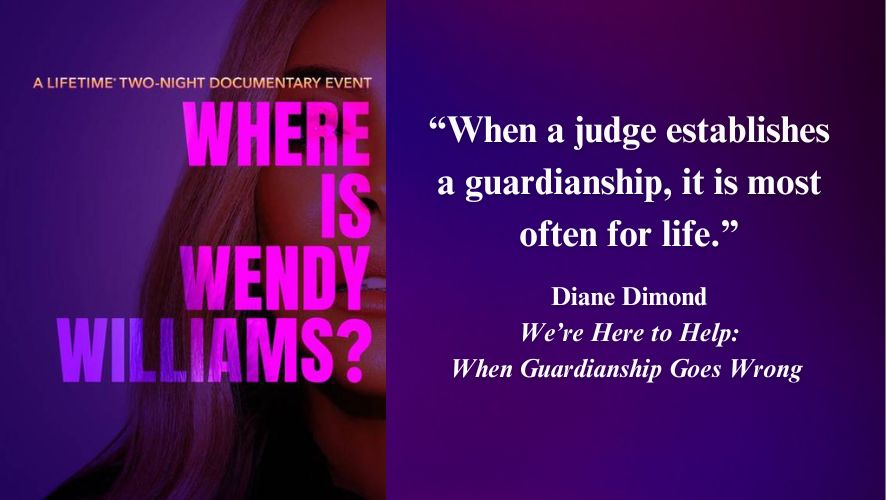
In We’re Here to Help: When Guardianship Goes Wrong, investigative journalist Diane Dimond exposes the abuse prevalent in the unregulated and ill-understood U.S. guardianship system. Dimond recently contributed to the documentary […]
Books for the Bird Brained

Kick off this year’s Great Backyard Bird Count in style! There’s something about the cool sun, bare trees, and ghost of snowfall on the forest floor that draws the […]
And The Oscar Goes To… You!
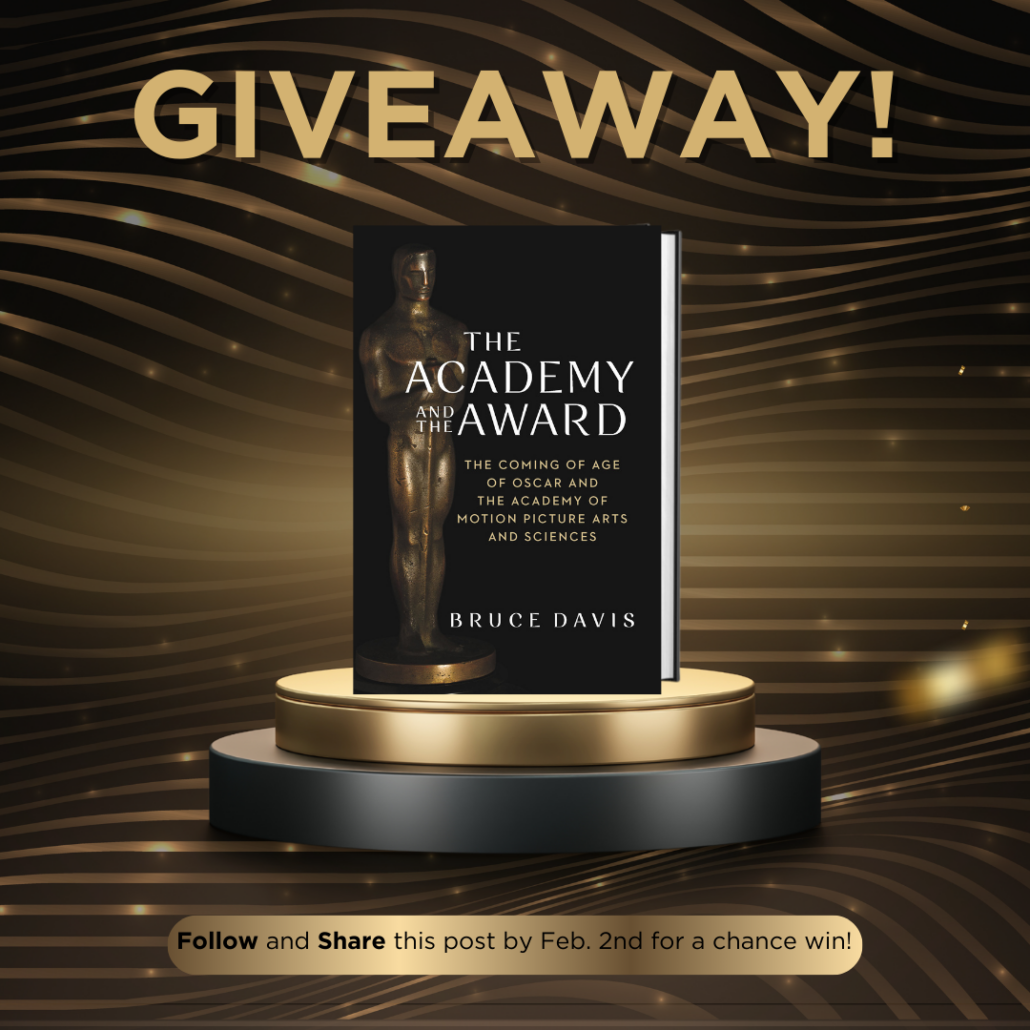
The date is set. The nominations are in. The competition is steep. The season of the Oscar is upon us, and we’re celebrating by giving away five copies of Bruce […]
“UnCharitable” in Theaters!
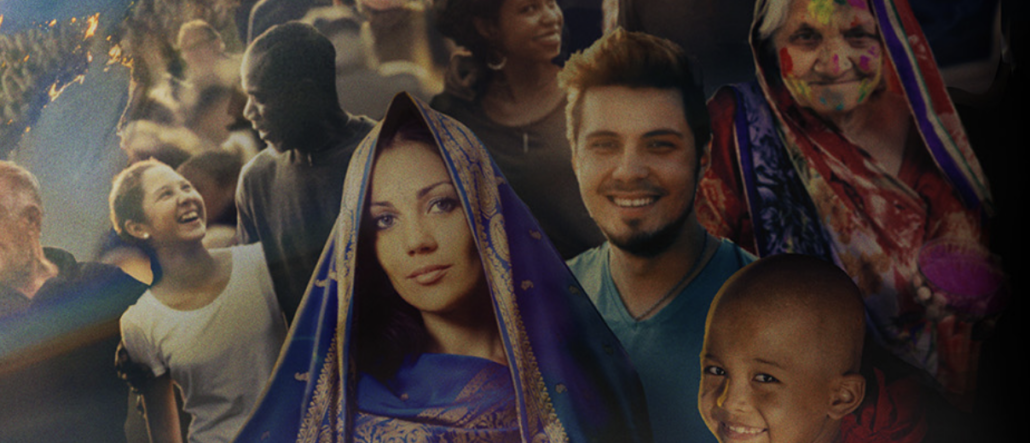
“Everything You Know About Change… Is About to Change” Based on the bestselling book Uncharitable, by Dan Pallotta, “UnCharitable,” the movie, is a one of […]
The Beauty of the Hebrew Letter
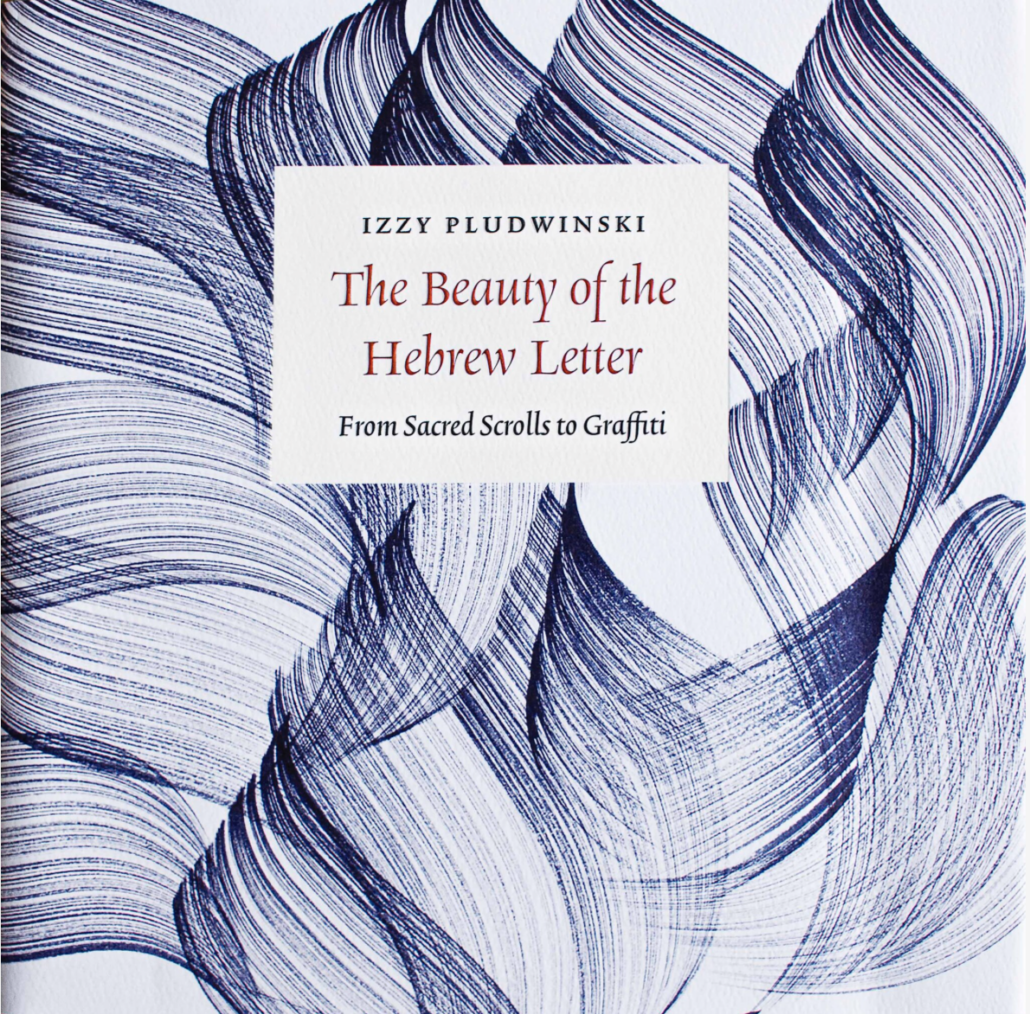
Discover the artistry of the Hebrew aleph-bet with Izzy Pludwinski’s Latest Book! Izzy Pludwinski‘s The Beauty of the Hebrew Letter is not just a book – it’s a complete visual […]
It’s a bird… It’s a plane… It’s a birder!

View Trailer Spring has melted slowly into summer and we can’t think of a better way to beat the than hunting for birds in the trees! From the lush Hudson […]


